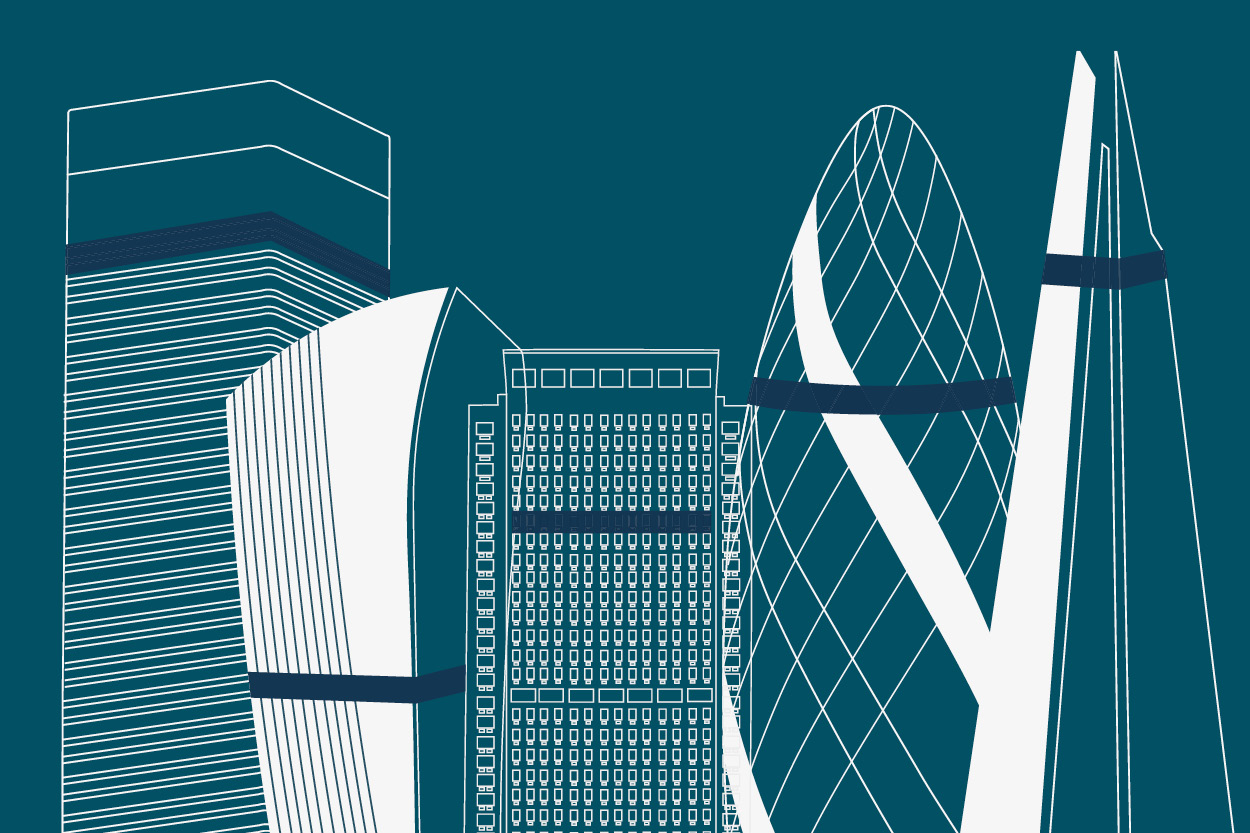
“Buy now, pay later” services are booming, but also prompt fears about “phantom debt”
Klarna, the payments platform, is partnering with the DoorDash food delivery service to let customers defer the cost of their takeaways by paying it back over four interest-free payments or at a later date.
So what? Online criticism of the deal arrived quicker than you can say “burrito bonds”. Social media users posted memes about amassing “11k in DoorDash debt” and videos warning against “a credit apocalypse” and firms that “monetise impulsivity”.
All of which is a sign that Klarna, a fintech that serves 18 million customers and is the largest player in a generation of “buy now, pay later” firms, is reaching maturity. With that comes increased scrutiny from the Gen Zs and Millennials that comprise most of its customer base. These days companies that offer split payments face increased risks in terms of
- reputation;
- competition;
- regulation; and
- accusations their products are contributing to a build-up in “phantom debt” that bankers and traders can’t track.
The BNPL boom. Paying in installments isn’t new. But the global BNPL market has grown ten-fold since 2019, fueled by online shopping during the pandemic, the cost of living crisis and rising interest rates on other types of credit. By the numbers:
- 1 in 8 – UK adults who used BNPL services for the first time last year.
- £27 billion – size of the UK BNPL market, accounting for over 7 per cent of the county’s e-commerce and up by a fifth last year.
- £250 million – estimated total of annual late fees paid by customers missing payments.
- 53 – percentage share of users who paid a late fee in 2023.
The appeal is clear: user-friendly apps and “soft” credit checks allow BNPL users to access lines of credit that aren’t available from traditional lenders, often without paying interest. Rental payments, car repairs, holidays and lawnmowers can all now be paid for on the not-quite-never-never.
Collateralized DoorDash Obligations. Most BNPL firms make money by charging merchants a transaction fee. But as interest rates have risen so have the costs of funding these short-term loans and firms including Klarna are having to adapt. Many are moving towards securitisation – packaging up the loans and selling them on to private credit investors.
A blackbox. Klarna and competitors like Affirm and Afterpay don’t report the number or scale of these loans to credit agencies, arguing it could affect their customers' credit scores and data security. This has given rise to fears that the economy is stalked by “phantom debt”. “They’ve reached a certain scale that they could impact economists’ assumptions about their economic outlooks," Simon Khalaf, CEO at Marqeta Inc tells Bloomberg.
Crackdown coming… Regulators are starting to pay attention to BNPL. From 2026 the UK’s Financial Conduct Authority will require BNPL lenders to
- carry out the same affordability checks as traditional lenders;
- provide refunds and the ability for consumers to launch complaints; and
- report loan data to credit bureaus.
The CFPB, the US regulator currently besieged by Doge, has also raised concerns over the problem of “loan stacking”, when one individual takes out several BNPL loans with different providers.
Buy now? The risks are particularly acute for Klarna, plowing ahead with an New York IPO slated for April at a time when the wider market is tough. Consumer confidence in the US and the UK is slumping, and competitors with big balance sheets, e.g. Apple, are moving into BNPL.
But… the pie is large. Juniper Research says the BNPL market could be worth almost $700 billion globally by 2028. Klarna is profitable, has a banking licence and, because of its short-term lending model and lower reliance on long-term loans for capital, the company says it is less exposed to shifts in interest rates.
What’s more… BNPL is just the most recent addition to a $14 trillion private credit market in which loans are sliced, packaged, and sold to investors. It’s possible that people defaulting on their Dominoes could cause systemic damage. But maybe that’s overcooked?
Additional reporting by Patricia Clarke.











